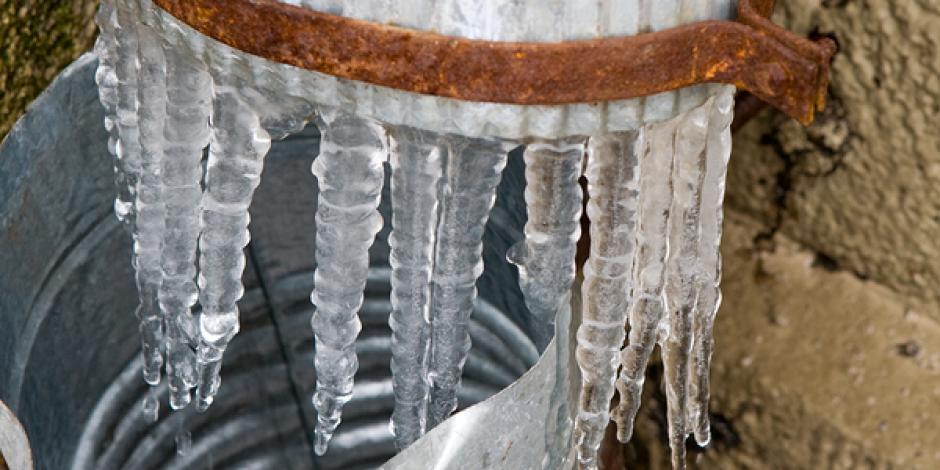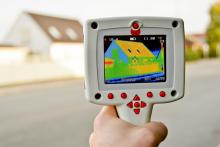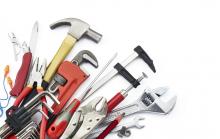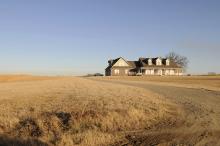
There are few things more frustrating than turning on your faucet to find very little or no water coming out. Frozen and burst pipes are common among homeowners that are caught unaware by cold winter weather. Ensure you are ready for winter with these tips to prevent frozen pipes.
Why do frozen water lines result in burst pipes?
When water freezes, it expands. This expansion places stress on your pipes. When the ice expands, it increases the water pressure upstream between the blockage and the faucet. This increased pressure is often the cause of pipes bursting far from where the ice blockage actually occurred. Therefore, when a pipe freezes, it often leads to a complex plumbing repair.
How to prevent frozen pipes
The pipes that are most susceptible to freezing are those running outdoors or through unheated parts of your home, such as the attic, garage or basement. You can take several steps in order to prevent these pipes from freezing and possibly bursting.
- Drain outdoor water supply lines. During the cold winter months, it is a good idea to drain all the water out of swimming pool lines, sprinkler pipes or other outdoor water supply lines. Follow the manufacturer’s directions.
- Close inside valves providing water to outdoor hose bibs. After turning off the valves, open the hose bib to let it drain. Leave the faucet on to prevent any remaining water from freezing and bursting the pipe.
- Insulate water lines in unheated spaces. Water pipes that run through an attic, basement, crawl space or garage should be insulated to prevent freezing. There are many products designed for this purpose.
- Leave the garage door shut. Shutting the garage door reduces the risk of frozen pipes in the garage by keeping the temperature warmer.
- Let your faucet drip. If you have water lines in danger of freezing, on especially cold nights open the faucet served by the line so that it slowly drips. This may not keep the pipe from freezing, but will help prevent it from bursting from the built-up pressure if it does freeze.
- Set your thermostat correctly. On freezing nights, don’t turn your thermostat down a few degrees to save on energy. Doing so may increase your chances of an expensive repair from frozen pipes.
- Add insulation to unheated spaces. If you experience a frozen pipe, adding insulation in that area can help prevent future freezes.
These preventative maintenance tips will help you reduce the chance of being inconvenienced by frozen pipes this winter. However, if you do experience a frozen or burst pipe, contact a licensed plumber immediately.
Have a frozen or burst pipe you need help with? Schedule a repair online with Pippin Brothers Plumbing.








